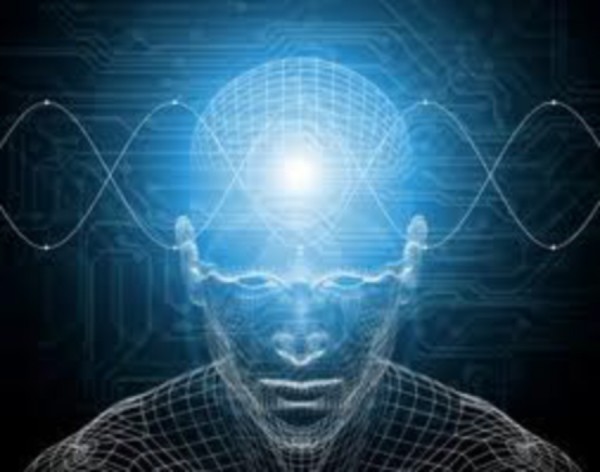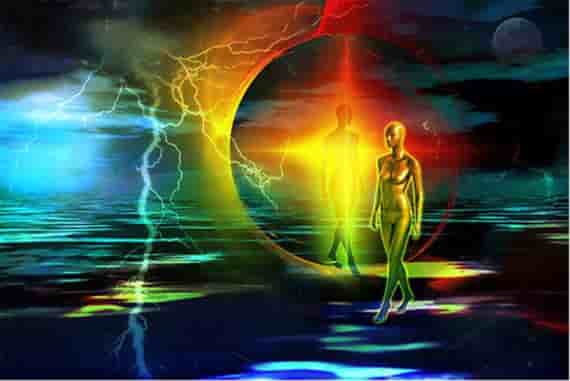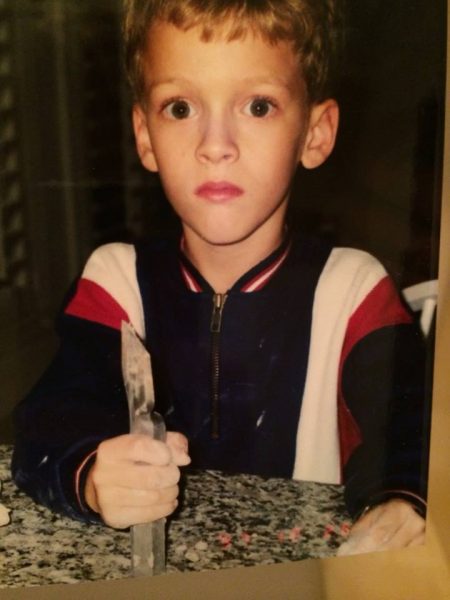It looks like Heather got rave reviews! Good job, girl! If you’d like to set up a reading, her website is heatherquinto.com. Nice and simple. There were complaints about the audio, so I’ve fixed that. Here is the new YouTube. I also replaced the one in yesterday’s post, of course. I’ll try to vet and present one new medium every week. I think I have three or four more sessions to set up. One is ready to go. After all of them have been presented to you, I’ll take a poll so that you can rank/rate them.
Enjoy today’s post!
Me: How are you doing, Erik?
Erik: How do you think I’m doing?
Me: Fine?
Erik: No. That’s how I look.
I laugh. Modest, isn’t he?
Me: You look so fine!
Robert: He’s in a goofy mood. He’s been talking a lot about things I don’t know how to verbalize like what consciousness is.
Me: That’s so hard.
Robert: He shows me a lot of visuals, and I get it innately when he does, but then I don’t know how to translate that into words!
Me: It’s so difficult. Well, let’s talk about the nature of consciousness. What is consciousness?
Erik: Mom, some of this you might not want to put on the blog if you think it’s too difficult to understand. When you think of consciousness, it’s something that really isn’t tangible so it’s hard to put it into words in a way that people will get. I can tell you some basic stuff about it. Consciousness is both embedded in and creates everything. Everything has consciousness whether you realize it or not but to varying degrees of awareness.
Me: Is that God Source?
Erik: Yeah.
Me: So it’s All That Is?
Erik: We’re living in God Source.
Me: We’re part of God Source.
Erik: Right. That’s what we are. We’re part of it, and we’re also living within it.
I guess he means we’re interwoven into the Whole of It.
Erik: We’re embedded in God. So if you want to understand what consciousness is—
Robert: I’ve gotten from other spirits that it’s not energy.
Me: But I thought everything was energy!
Erik: Here’s the thing. It’s not energy, but it is energy.
Oh boy.
Erik: This is why it’s difficult to understand. They want a yes or no answer.
Me: I know.
Erik: When it’s really both. Our energy is what enables consciousness to be known. Without energy, consciousness couldn’t exist, but consciousness is the thing that manipulates and interacts with energy. See how they simultaneously exist?
Me: Wow.
Erik: And one is needed for the other, but one didn’t create the other. The way you, as a conscious individual, become aware of consciousness is through the interaction of things, right? Things that have form or things that produce, you can say, a reaction like yin and yang, stuff like that. Consciousness is released when there’s this bumping together of things.
Me: Why does consciousness need energy to exist.
Erik: In order for consciousness to create form, you have to have something like a medium.
Me: Like clay.
Erik: Like clay. It can mold energy into form, and those forms can exist in an infinite number of ways. The crazy ass thing about it is that all of those forms already exist everywhere as a pattern. You know how you record your voice on your computer and there’s software that shows all the wave patterns?
Me: Yeah.
Erik: Everything in the Universe, if you want to use that as a visual, has a pattern like that, and it already exists.
Me: Well that makes sense since there’s no time.
Erik: Right.
Me: There can’t be a creation, a beginning.
Erik: No. It never started; it never ended. It’s always there.
Robert: Erik, what is the end result of all of this?
Erik: That’s your first mistake by asking that question. It’s not that there are stupid questions, but by assuming there’s an end, there has to be a beginning, and that’s thinking linearly. There is no time. There’s just this endless cycle looping in on itself, creating new pathways and all this shit. Sometimes it crisscrosses itself. Sometimes it peaks. Sometimes it doesn’t. There’s all this mixing and matching of patterns that make us aware of new kinds of patterns of consciousness.
Me: What do you mean, “Make us aware—“
Erik: You, as an individual living a physical life, have a limited amount of awareness within you. At least that’s what you believe. So as you come into things, say as a kid you don’t know what it is to stub your toe. You won’t until you’ve done it. I’ll use that analogy. The reason you have that limited awareness to start with is because, in the human experience, we need the ability to focus on just one thing. Too many things in the physical form can sometimes overwhelm the energy. I’m talking about that based on how the life form has created itself. If you notice, as you get older, you learn how to handle your awareness and expand and contract it. People think of that as experience, but it’s really just you getting wiser in how to use your abilities. One of the things that requires and is a product of awareness is intent. Like consciousness, everything has intent.
Me: Everything has intent? Can you expand on that?
Erik: Everything. Let’s take a rock. Even it has consciousness. For a rock, it’s about being pure observation. That’s its intent.
Me: But is it self-aware?
Erik: Self-awareness is expressed in ways that we might define as different. It doesn’t make one better or more than another.
Me: Yeah, we don’t want to hurt any rock’s feelings and give them an insecurity complex.
Erik: So for a rock, it’s awareness is just to sit there. Then that becomes its intent. When the consciousness that’s within that rock chooses to focus in another way or if that focus is expressed in another life form, that rock doesn’t go away. Consciousness is within everything and spreads throughout everything. As a person, you have the ability, since you are a part of everything and everything at the same time, to pull that information from that rock’s (air quotes) experiences in order to help you, as a human soul, understand what it means to surrender.
Me: Oh!
Erik: That’s just an example. What is it like to just roll with the punches.
Me: Yeah. Roll with the erosion.
Erik: Yeah, and does a rock fight against being eroded? No. It just sits there. It doesn’t get scared. It just allows it to happen, and it’s teaching us that. So if you want to observe the rock, you can learn a great many lessons by pulling in the information.
Me: Tell me more about the bumping up against each other thing.
Erik: As a human focuses on their own life, in order to be aware of consciousness in others, you have to have interactions. That interaction makes you aware of what they have within them. That’s just to help you understand it from the point of view of one human to the next. It can be a pet, whatever.
Me: Or one human to a rock.
Erik: Or even to a rock. Now most people don’t get that with a rock.
Erik laughs.
Erik: They’re looking for something that’s like themselves.
Me: Sure. So give me an example of how that works.
Erik: Humans with pets, for instance. Throughout most of history, humans believed that they were the only ones with a soul, emotions and awareness.
Me: Right.
Erik: So when we began taking care of other animals, those who took care of them started to realize that they feel the same way, too. That’s how the consciousness of a dog or weasel or whatever comes bumps up against or interacts with the consciousness of a human. It produces this reaction, and that reaction creates a connection that expands their awareness.
Me: When you say, “expand your awareness,” what do you mean, exactly?
Erik: It’s not like you didn’t know it before. It’s more like it’s teaching you to remember what you already know, what you always knew. When you’re in spirit, for example, you can connect to everything at once, but as a physical being, you aren’t always aware that you can do that. That’s about that whole need to narrow your focus to live the human experience. Expanding awareness means you’re in the process of remembering what you always knew. It’s about becoming reunited with that ability. As human children, they know all this shit innately. They don’t necessarily know how to verbalize it in a sophisticated way, but that’s what happens when you get older. It becomes more sophisticated. It starts out really simplistic, then it becomes complicated, and then, toward the end of your life it becomes simplistic again, but the simplicity is so much deeper than it was in childhood. That’s wisdom.




